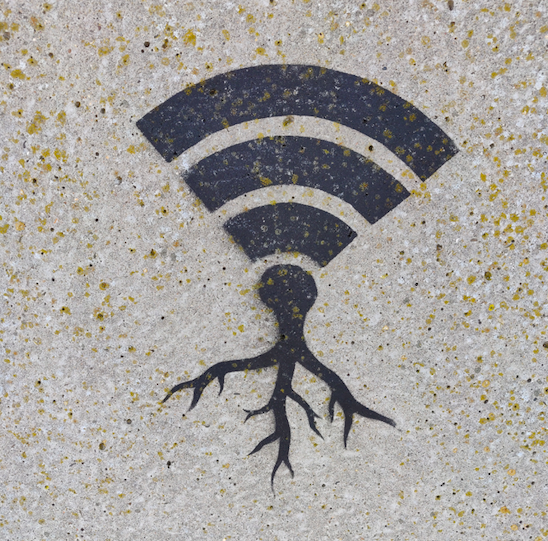How To Get To the Root Cause of Disordered Eating
Many of us will remember a key moment that we consciously recollect as the beginning of the issue we are experiencing. Someone at school may have called you derogatory names, a family member could have made remarks about your plate of food, maybe even a stranger thought it appropriate to give you unsolicited advice about your diet and exercise.
But the truth is, the foundations upon which these triggering events cause one to take the action that results in disordered eating for example, were laid long before the actual trigger itself. So it’s very rarely the events themselves, it’s the way in which we interpret them and try to decipher them with a child’s mind and coping skills - we can form beliefs that trigger disordered eating from less traumatic events as well as those which have nothing to do with food and our bodies…
Bear in mind that trying to navigate through a new world with a child’s mind means we are extremely subjective as we do not have the coping skills to remain objective in new experiences. It is much more difficult to stand on the outside of an experience and rationalise that something actually may not be our fault after all, despite other’s best efforts at doing so. We are not able to understand that someone’s comments are a reflection of their own insecurities.
It takes learned experience and skill to gravitate towards high self esteem and an attitude that supports the notion of us truly being good enough and no “better” or “worse”, no more or less valuable than our peers despite us all having different capabilities and environmental contributors.
Somewhere in one’s past, they have witnessed an event with their child’s lenses before interpreting the information that goes on to form a believe that is carried into adulthood. This lays the foundations for one to build their ‘life house’ on - it’s the way we perceive the world and how we perceive ourselves moving through it.
To conclude, for the majority of people with disordered eating the root cause has nothing to do with food and the body. Although one may consciously remember a triggering event where someone made a remark to/about you or you witnessed something happening around you and thought “oh my goodness, I feel fat now and must start controlling my food intake and exercise regime”, the actual foundations to support these behaviours happened previously. These were triggering events that motivated you going forward and into the disordered eating.
Examples of root cause issues may include:
one does not trust themselves
one feels they don’t have the correct coping mechanism nor the ability to learn and employ them (this is called learned helplessness)
one does not want to grow up into adulthood and leave childhood behind
one feels they lack a sense of control and the only aspect of their lives they feel they can ‘succeed’ in is limiting what is put in their mouth and the energy expended through exercise
The good news?
Just as one has acquired these patterns and habits of thought and action, one is able to let go of them. The subconscious mind is a vault of memories that is always on record (it even has your own birth on record).
In the subconscious mind, one will find the points (the memories) at which they laid the foundations of their beliefs that were carried into adulthood. With hypnotherapy, the client and therapist are able to access the key memories together in a safe way, unpack them and comprehend them with an adult’s mind.
“Understanding is power and understanding in hypnosis really is the most healing, beneficial power of all” — Marisa Peer
If you would like help in overcoming disordered eating I offer private therapy which you can book by clicking the button below. I look forward to meeting you!
💜 My Shop
💚 Find my Clients' Transformation Stories here
If you would like help with issues including emotional eating, binge eating, compulsive overeating, weight & body anxiety, obesity reversal or food addition, I offer private therapy sessions both in person and online. If you are interested, click the button above to get started.
Or click here to contact me - I can’t wait to meet you!













